NICHD
-

Bird’s eye view of gut development
A new map of the developing gut of quail offers valuable tool for studying intestinal diseases. Read MoreNov 19, 2012
-
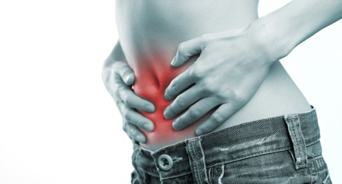
Toxin provides endometriosis clues
Environmental toxins may contribute to endometriosis-related infertility by disrupting endometrial response to progesterone. Read MoreNov 2, 2012
-

Parkinson’s therapy may impact language
Deep brain stimulation used to treat Parkinson’s disease may impair some aspects of language processing, a recent study suggests. Read MoreSep 7, 2012
-
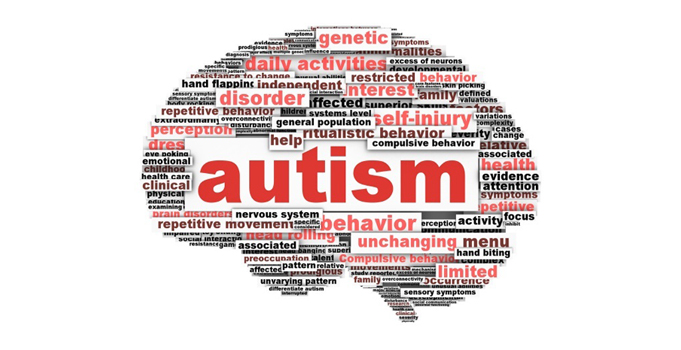
Biomarkers may offer autism clues
A combination of biomarkers may reveal new clues about causes of and potential interventions for autism. Read MoreJul 31, 2012
-
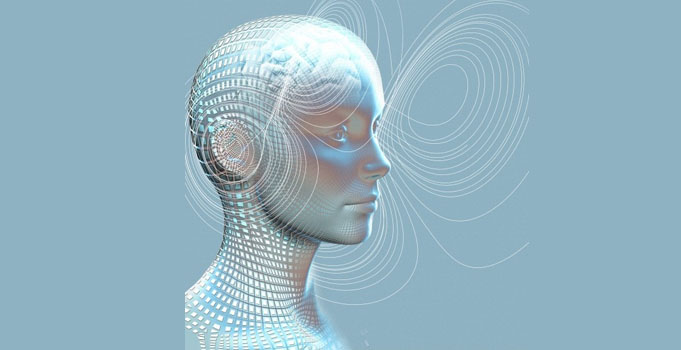
Perfect timing for sensory processing
Identification of brain regions involved in processing sights and sounds may offer insights into disorders like autism and dyslexia. Read MoreMay 11, 2012
-

Early stomach troubles augur anxiety
Children with stomach troubles grow up to be anxious adolescents and young adults, according to a recent study. Read MoreMay 2, 2012
-
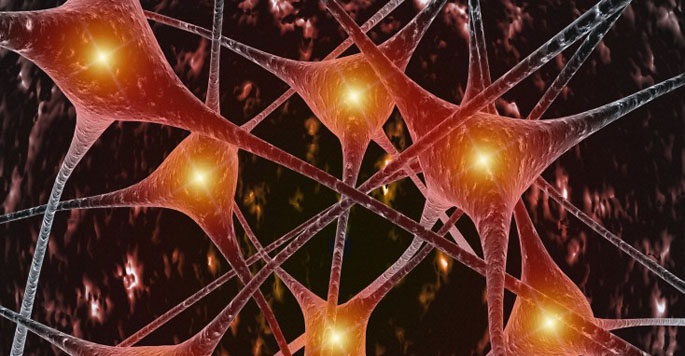
Neuronal clues to cholesterol-defect disorder
Antioxidants may be a beneficial treatment for an inherited genetic disorder. Read MoreApr 20, 2012
-
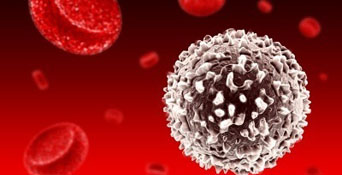
Targeting post-transplant diabetes
Targeting diabetes that develops after a stem cell transplant may help moderate graft-vs.-host disease, an adverse effect of the procedure, and improve outcomes. Read MoreApr 12, 2012
-

Pumping up the pancreas in pregnancy
A strain of mutant mice provide a novel model for studying glucose intolerance and gestational diabetes during pregnancy and suggest that certain molecules may be useful for therapeutic applications. Read MoreJan 20, 2012
-

Melatonin found to ease sleep woes in children with autism
Vanderbilt researchers are studying how the supplement melatonin can ease the sleep difficulties that often afflict children with autism spectrum disorders. (iStock) A new Vanderbilt study shows that the over-the-counter supplement melatonin is promising in helping children with autism spectrum disorders (ASD), and their families, sleep better. Read MoreJan 5, 2012
-
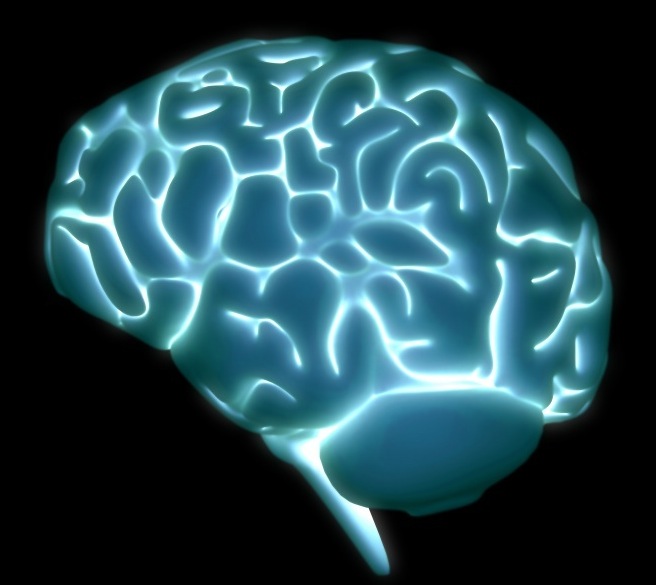
Let there be light and melatonin
Light and the hormone melatonin may play important roles in the developing brain. Read MoreNov 4, 2011
-
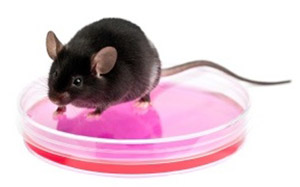
Chasing Foxd3’s role in stem cells
Researchers use genetic manipulations in mice and single-cell analyses to help explain stem cell regulation. Read MoreMar 4, 2011
-
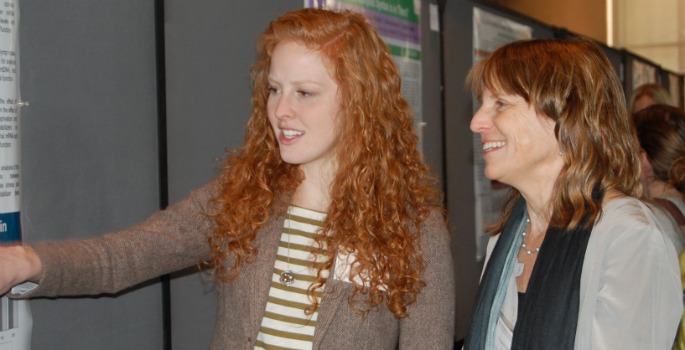
Kennedy Center celebrates Science Day 2011
A record crowd of students and presenters turned out for the Vanderbilt Kennedy Center for Research on Human Development's 2011 Science Day Feb. 15. Read MoreFeb 16, 2011
-

Schizophrenics better at some memory tasks
(iStock Photo) Individuals with schizophrenia are better at some cognitive tasks than average people, new research from Vanderbilt University indicates. The findings open the door for potential new therapies for these individuals. Katy Thakkar and Sohee Park (Mary Donaldson/Vanderbilt University) “We found a pocket of spared or enhanced ability in… Read MoreJan 28, 2011